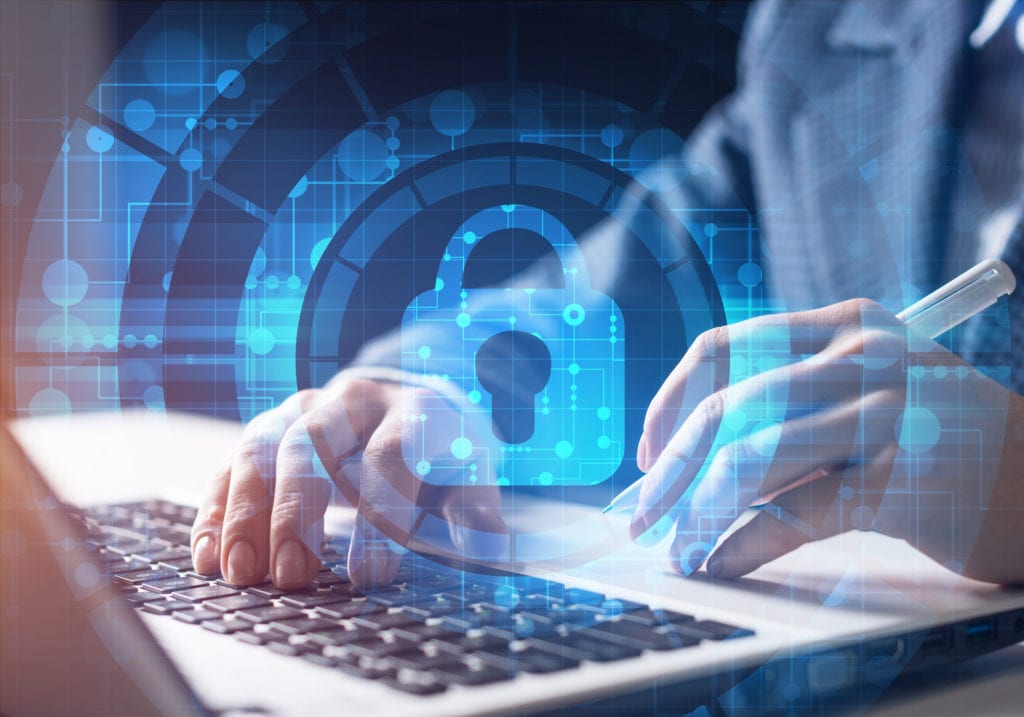
Approximately 19.7 million students are expected to be headed back to college or university this fall. And while school may look a bit different due to the COVID-19 pandemic, most are more than ready after a shortened school year earlier this spring.
One of the main things they’ll be relying on is the technology for class and personal use that’s become pretty much another appendage for today’s youth.
Cybersecurity can be challenging enough when safely at home, but when headed to a college campus, the risks multiply. Students are often using public Wi-Fi, taking their laptops all over the campus and the surrounding town, and may not always secure their devices as they should due to other distractions.
If your student is headed off to college this fall, ensure they’re using good cybersecurity hygiene to protect their device and all the sensitive data that it contains.
Good Cybersecurity Hygiene Habits for Students
Encrypt Internet Connections with VPN
Free Wi-Fi is a big score when you’re out at a coffee shop off campus. But hackers will often lurk in these types of popular spots to conduct “man-in-the-middle” attacks. This is where a hacker on the same free Wi-Fi uses malicious code to spy on the activity of others on the same network.
This can leave things like bank account and other cloud account logins at risk of being stolen.
College students should use a VPN when connecting to the internet whenever they’re on public Wi-Fi. Whether it’s at the campus library or a local café. A VPN will encrypt the connection and also mask your IP address, which is an additional safeguard.
Do Not Stay Logged Into Accounts
A student pulling a late-night study session at the library might walk away “for just a few minutes” to grab something from a nearby vending machine. When they come back, their laptop may be gone.
There is a laptop stolen about every 53 seconds, and laptop theft is not uncommon on a college campus.
If a student is logged into personal or school accounts, anyone with their laptop can easily access them.
As a good safety practice, students should log out of all applications after they’re finished using them and not store their passwords in their browser, which a thief could easily access.
Ensure Devices Are Protected (antivirus, web protection, etc.)
All devices should have the standard protections that are considered best practices when it comes to the security of any computer.
These include:
- Antivirus/anti-malware application
- Web protection to block malicious websites
- Applying updates/patches in a timely manner
One of the best ways to ensure your child’s laptop is protected while they’re away at college is to purchase a residential managed services plan from Cris’s Tech Repair.
We will ensure things like antivirus are working properly, handle patch and update management, and be a much-needed tech support resource to help your student out when they have a tech issue.
Physically Protect Your Device
It’s important to be very careful about the physical security of a laptop when away at school. It’s easy to get distracted and walk away from an open laptop in the midst of a study session with friends.
Adopt good physical security habits such as putting a password or PIN screen lock on devices, always locking a dorm room door, and possibly investing in a combination lock laptop case that could make a thief think twice about stealing a computer.
Take Phishing Awareness Training Online
Phishing is the number one delivery method for malware and it’s the most used method to initiate data breaches. It’s easy to get fooled by a sophisticated phishing email that might mimic a college’s logo and signature.
Phishing often uses links to fake sign in forms, designed to steal user credentials and can also link users to malicious sites that install malware on their device.
There are many online phishing awareness courses that students can take to learn the basics of spotting and avoiding phishing attacks via email and social media. Their own college or university may even offer one of its own.
Use a Password Manager & Multi-Factor Authentication
Credential theft is on the rise, with the stealing of passwords being the #1 goal of phishing emails sent in 2019.
Students can do two important things to protect against having their login credentials stolen while away at college (and anytime).
Using a password manager can reduce the burden of having to remember passwords by keeping them all safe in an encrypted vault. The user only has to remember one password to access all the others.
A password manager will also suggest strong passwords to use, so students can better protect their logins.
Multi-factor authentication is extremely effective at preventing account hacks because it requires a second form of authentication that a scammer most likely won’t have access to.
According to Microsoft, enabling MFA on your account logins can prevent 99.9% of all fraudulent sign-in attempts, even if the hacker has your password.
Is Your Student’s Laptop Properly Protected from Cyber Attacks?
Cris’s Tech Repair can ensure your student’s laptop has the protection it needs to prevent cyberattacks. We’ll also be their “go to” resource for friendly tech help when they need it!
Schedule a consultation today by calling 561-985-4961 or contacting us online.
